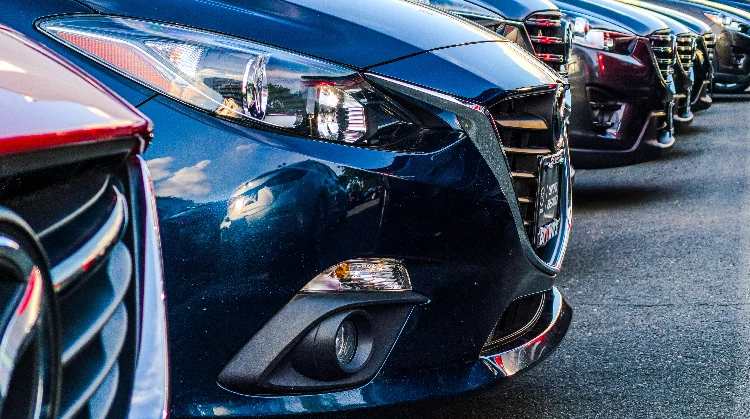The Benefits of Buying a New Car vs. a Used Car: Making the Right Choice

When it comes to purchasing a car, one of the key decisions you'll face is whether to buy a new car or a used car. Both options have their advantages, and understanding the benefits of each can help you make an informed choice. In this article, we will explore the advantages of buying a new car and a used car, considering factors such as cost, reliability, depreciation, and financing options like car loans and car finance. By weighing these factors, you can determine which option best aligns with your needs and financial situation.
Benefits of Buying a New Car:
- Latest Features and Technology: One of the primary advantages of buying a new car is access to the latest features and technology. New cars often come equipped with advanced safety systems, modern infotainment systems, improved fuel efficiency, and enhanced comfort features. These innovations can provide a more enjoyable and convenient driving experience.
- Warranty Coverage and Reliability: New cars typically come with warranty coverage, offering peace of mind in case of unexpected repairs. This warranty can save you money on maintenance and repairs during the initial years of ownership. Additionally, new cars are less likely to have mechanical issues or a history of accidents, providing increased reliability.
- Customization Options: When buying a new car, you have the opportunity to customize it according to your preferences. From selecting the exterior color to choosing optional features and accessories, you can tailor the car to meet your specific needs and style.
Benefits of Buying a Used Car:
- Lower Purchase Price: Used cars generally have a lower purchase price compared to new cars, making them an attractive option for budget-conscious buyers. This affordability allows you to get a higher-quality vehicle or a model with additional features that may have been outside your budget when considering a new car.
- Slower Depreciation: New cars tend to experience rapid depreciation in their initial years. By purchasing a used car, you avoid the steepest portion of this depreciation curve. This means that the value of the car will depreciate at a slower rate, potentially leading to better long-term resale value.
- Lower Insurance Costs: Insurance premiums for used cars are often lower than those for new cars. Since the value of a used car is generally lower, insurance companies typically charge lower premiums. This can result in significant savings over the life of your car ownership.
Car Loans and Car Finance:
Whether you decide to buy a new car or a used car, car loans and car finance options can help make your purchase more affordable. Here are some key considerations:
- New Car Loans: Banks, credit unions, and other financial institutions offer new car loans with competitive interest rates. These loans typically have longer terms and may provide more favorable rates for new cars due to their lower risk of mechanical issues and greater longevity.
- Used Car Loans: Used car loans are specifically designed for financing pre-owned vehicles. While interest rates for used car loans may be slightly higher than those for new car loans, they still offer attractive rates and flexible repayment terms.
- Car Finance Options: In addition to traditional lenders, car finance companies specialize in providing financing options for both new and used cars. They may offer tailored loan packages, including flexible repayment terms and personalized solutions for individuals with various credit profiles.
When deciding between buying a new car or a used car, it's crucial to consider factors such as cost, reliability, customization options, and depreciation. New cars offer the latest features and warranty coverage, while used cars provide affordability and slower depreciation. Both options can be financed through car loans or car finance options that suit your financial circumstances. By evaluating these factors and exploring the available financing options, you can make an informed decision that aligns with
